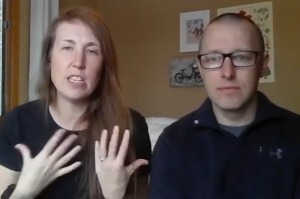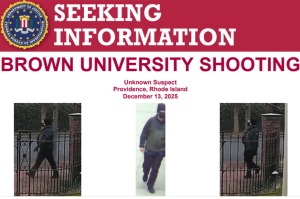Will Romney's Secret Service Protection Make Him Even More Distant?
Front-runner Mitt Romney is now the only Republican presidential candidate with Secret Service protection, but is that a good or bad thing in terms of his ability to connect with voters?
For someone who has been the candidate to beat for so long, Romney has not been very successful in connecting with voters. Instead, he has often been accused of being out of touch, aloof, or intentionally ignoring voting blocs – including evangelicals.
The former Massachusetts governor still appears uncomfortable with shaking hands and talking to voters in one-on-one, impromptu situations. Given his already awkward relations with voters, will Romney's new Secret Service Protection only exacerbate the disconnect?
"For most candidates, Secret Service Protection should not impede their ability to work a crowd or a line," Ari Fleischer, press secretary of former President George W. Bush's press secretary, said in 2006. "It certainly didn't for Bill Clinton. But on the other hand, if a candidate wants to use it as an additional buffer to keep away from the average Joe, then it's a ready made excuse."
As governor of Massachusetts, Romney was accustomed to the protection of troopers who are assigned to the state's CEO. According to sources familiar with his one term in office, troopers always made sure the governor entered and left buildings out of the way of the public, and at times, his staff.
Even legislators had difficulty approaching Romney when they caught a glimpse of him in the capitol and wanted to quickly lobby him on an issue.
But an expert in the protection of political figures disagrees that presidential candidate Romney's protection detail will keep him away from voters.
"I don't necessarily feel Secret Service Protection takes away from a candidate," said Ronald Kessler, author of In The President's Secret Service: Behind the Scenes With Agents in the Line of Fire.
"Just because they have protection doesn't mean they don't understand what people are losing jobs and houses in this economy. When someone reaches a certain point as a candidate, their safety becomes a priority. It also helps a candidate appear more 'presidential' and deserving of attention."
Ed Donovan, a spokesman for the Secret Service, told The New York Times this past week that the agents "understand that protectees of ours want to get out and meet people."
"I think at this point we understand fully what candidates' expectations are, and we try to meet candidates' expectations in as safe a way as possible," Donovan assured.



























